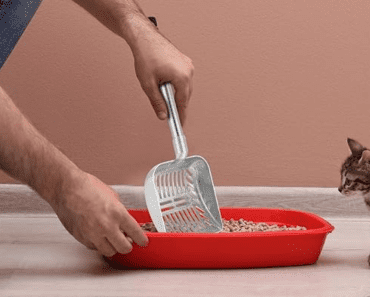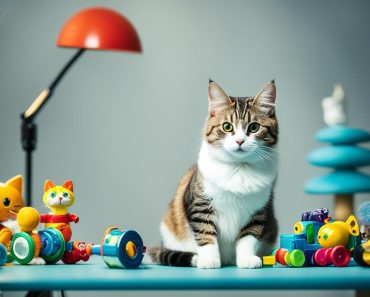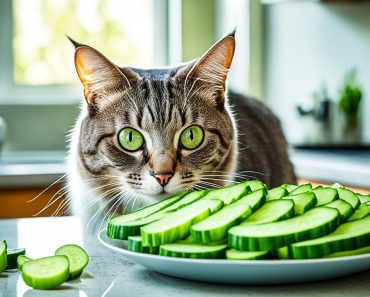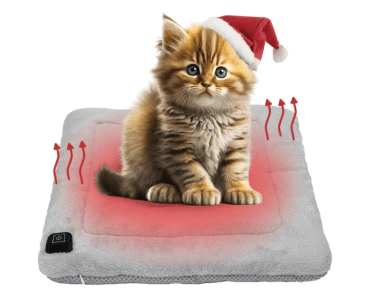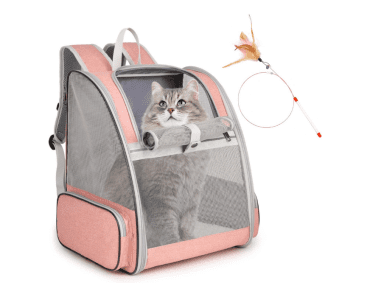As a cat owner, I often wonder about what foods are safe and appropriate for my feline companion. One common question that arises is: can cats eat prawns? After conducting research and consulting with veterinarians, I have gathered essential information to help you make informed decisions about feeding prawns to your cat.
Prawns can actually be a healthy treat for cats when given in moderation. They are a great source of protein, low in fat and calories, and contain essential vitamins and minerals that contribute to a balanced feline diet. However, it’s crucial to remember that prawns should not replace the nutrition provided by regular cat food. They should be given as an occasional addition or treat.
While prawns offer nutritional benefits, it’s important to consider some potential risks. Like humans, some cats may be allergic to prawns. It’s crucial to introduce them gradually and monitor your cat for any adverse reactions. Additionally, raw prawns may contain harmful pathogens, so it’s best to cook them thoroughly before offering them to your cat.
To ensure the safety of your cat, it’s recommended to remove the shell before feeding prawns. This helps prevent choking and potential digestive issues. Other cat-friendly seafood options include tuna, salmon, and whitefish or cod.
Can Cats Eat Prawns? Yes, they can, in occasional basis.
- Prawns can be a healthy treat for cats in moderation, providing protein, vitamins, and minerals.
- Introduce prawns gradually, as some cats may be allergic.
- Cooked prawns are safe for cats, while raw prawns may contain harmful pathogens.
- Remove the shell before feeding prawns to cats to avoid choking and digestive issues.
- Other safe seafood options for cats include tuna, salmon, and whitefish or cod.
Can Cats Digest Prawns?
Cats have unique dietary needs as obligate carnivores. Their digestive systems are adapted to a diet predominantly composed of animal-based proteins. When it comes to prawns, these seafood treats can provide cats with a rich source of protein, vitamins, and minerals that contribute to their overall health and nutrition.
However, it is essential to consider the potential risks associated with feeding prawns to cats. Prawns, like other seafood, can contain high levels of mercury and other contaminants. These substances can have detrimental effects on a cat’s health if consumed excessively. Additionally, cats may develop allergies to shellfish, including prawns, leading to allergic reactions.
Taurine, an essential amino acid, plays a crucial role in a cat’s heart health and vision. While prawns can contribute to a cat’s protein intake, it is important to ensure that prawns do not become the primary protein source in their diet. A well-balanced commercial cat food diet continues to be the best option to meet their nutritional needs, as it provides a complete and balanced mix of protein, vitamins, and minerals.
As with any food, moderation is key when it comes to feeding prawns to cats. While they can be a beneficial addition to their diet, it is essential to provide prawns as an occasional treat rather than the primary food source. It’s always a good idea to consult with a veterinarian before introducing prawns or any new food into your cat’s diet to ensure their health and well-being.
The Risks of Feeding Prawns to Cats
Feeding prawns to cats may pose certain risks that cat owners should be aware of. Seafood, including prawns, can contain high levels of mercury and other pollutants, which can have adverse effects on a cat’s health. Mercury is a toxic metal that can accumulate in a cat’s body over time, potentially causing neurological and kidney problems.
In addition to mercury, prawns can also be allergenic to cats. Some cats may be allergic to shellfish, including prawns, leading to symptoms such as itching, vomiting, or diarrhea. It’s important to monitor a cat’s reaction when introducing prawns into their diet and consult a veterinarian if any unusual symptoms occur.
Taurine, an essential amino acid, is critical for a cat’s heart health and vision. While prawns contain taurine, it’s important to ensure that prawns do not become the primary protein source for cats. Cats require a balanced diet that includes a variety of proteins, and commercial cat food is formulated to meet their nutritional needs.
When offering prawns as treats to cats, moderation is key. Prawns should not replace a well-balanced diet of commercial cat food. It’s important to remember that treats should only make up a small portion of a cat’s overall diet to maintain their nutritional balance.
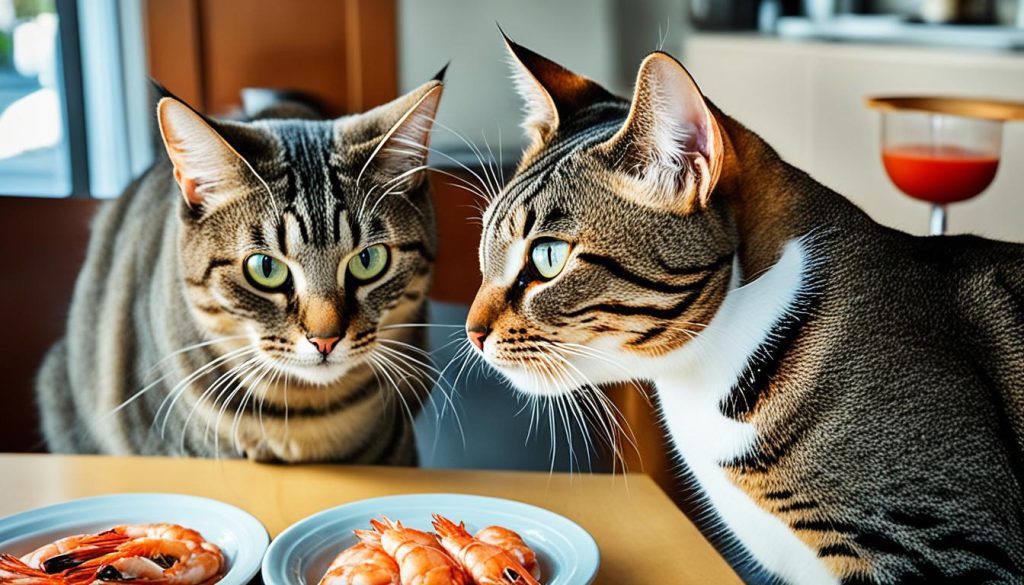
How to Safely Feed Prawns to Cats
Feeding prawns to cats can be done safely by following a few guidelines. Whether you choose to feed them raw or cooked prawns, it’s important to prioritize their moderation and safety. Here are some tips to ensure the well-being of your feline companions:
- Choose trusted sources: When opting for raw prawns, make sure they come from reliable sources to avoid harmful bacteria or parasites that could negatively affect your cat’s health.
- Avoid toxic seasonings: Cooked prawns should be free of toxic seasonings such as butter, garlic, onions, salt, and others. These can be harmful to cats and should be avoided in their diet.
- Proper preparation: Before feeding prawns to your cat, ensure they are properly washed, deveined, and cooked without any additional seasoning or sauce.
- Chop into small pieces: To prevent choking or blockage, it’s best to chop the prawns into small, manageable pieces before offering them to your cat.
- Consider alternative options: Safer alternatives to prawns include commercial cat food products that are specifically formulated to meet feline dietary needs. These products provide a balanced and complete nutrition for your cat’s well-being.
While prawns can be an occasional treat for your cat, it’s always a good idea to consult with a veterinarian before introducing any new food into their diet. Veterinarians can provide personalized advice based on your cat’s dietary needs and ensure their health and well-being.
Remember, the safety and nutrition of your feline companions should always come first.
Prawn Treat Ideas for Cats
Prawns can be a delightful addition to your cat’s treat menu. Here are some creative ideas to incorporate prawns into your feline friend’s snack time:
1. Replace Shrimp with Prawns in Recipes
Next time you’re making homemade cat treats that call for shrimp, try substituting it with prawns. The rich taste and texture of prawns can add a unique twist to your cat’s favorite treats.
2. Top a Refreshing Salmon Popsicle with a Prawn
Prepare a salmon popsicle by blending canned salmon and water and freezing it in an ice cube tray. Before serving, place a juicy prawn on top of each popsicle. Your cat will love the refreshing combination!
3. Reward Your Cat with a Prawn after a Grooming Session
After a grooming session, treat your cat to a small piece of prawn as a reward. It’s a special way to celebrate your cat’s clean and well-groomed appearance.
Remember, while prawns can be a delightful treat for your cat, they should be given occasionally and in small amounts. It’s important not to disrupt your cat’s complete and balanced nutrition from regular meals. Additionally, always ensure the prawns are properly cooked and free of any seasoning or sauce that may be harmful to your cat’s health.
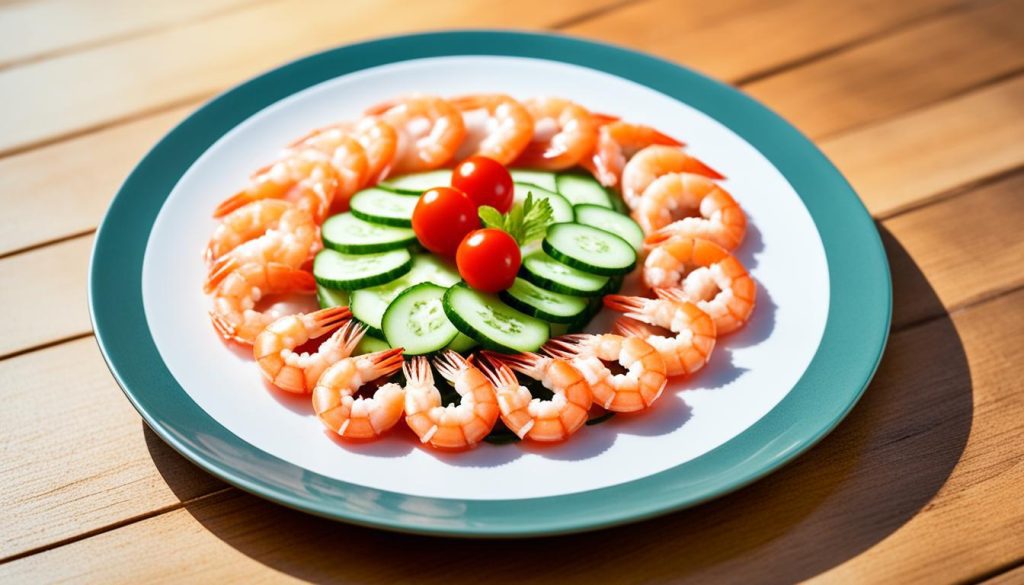
Why Consult a Veterinarian
Before introducing any new food into your cat’s diet, it’s crucial to consult a veterinarian.
A veterinarian can provide personalized advice based on your cat’s age, health, and dietary needs. This professional guidance ensures that your cat remains healthy and happy.
Veterinarians are knowledgeable about the well-balanced diets that cats require, as well as the occasional treats that can be safely incorporated. They can also suggest alternatives to prawns, ensuring your cat’s dietary needs are met.
Importance of Well-Balanced Diet for Cats
Feeding cats properly is crucial for their overall well-being. A well-balanced diet ensures that cats receive the necessary nutrients and avoid potential health issues. Providing the right combination of proteins, carbohydrates, fats, vitamins, and minerals is essential for their growth, energy levels, and overall health.
Regular veterinary check-ups are also important when it comes to a cat’s diet. Veterinarians can assess a cat’s nutritional needs based on their age, breed, weight, and any underlying health conditions, providing expert guidance for a tailored diet plan.
When making decisions about a cat’s diet, it’s important to rely on reliable sources of information. Trustworthy websites, reputable pet food brands, and experienced veterinarians can provide accurate and up-to-date information on feline nutrition.
Personalized advice from veterinarians is invaluable when it comes to deciding which foods are suitable for a cat’s dietary needs. They can offer recommendations on the appropriate balance of dry and wet food, portion sizes, and the inclusion of treats or supplements.
Remember, a well-balanced diet is not only essential for a cat’s physical health but also their mental well-being. Providing them with appropriate food will help keep them happy, active, and thriving.
Follow these guidelines and seek expert advice to ensure the best nutrition for your feline companion. Their well-being depends on it!
Conclusion
Prawns can be a healthy treat for cats when given in moderation and prepared properly. They provide beneficial nutrients like protein, vitamins, and minerals that contribute to a cat’s overall well-being. However, it’s important to be aware of the potential risks associated with prawn consumption, such as mercury and other pollutants, allergies, and the need to maintain moderation in taurine levels.
Consulting a veterinarian before introducing prawns or any new food into a cat’s diet is crucial. Veterinarians can provide personalized advice based on a cat’s individual needs, ensuring that the introduction of prawns aligns with their overall health and dietary requirements. Prioritizing a cat’s well-being and following expert advice is key to having a happy and healthy feline companion.
Remember, while prawns can make a delightful treat for your cat, they should not replace a well-balanced diet of commercial cat food formulated to meet their nutritional needs. Treats should be given in moderation and as occasional rewards, taking into consideration the cat’s complete and balanced nutrition from regular meals.

